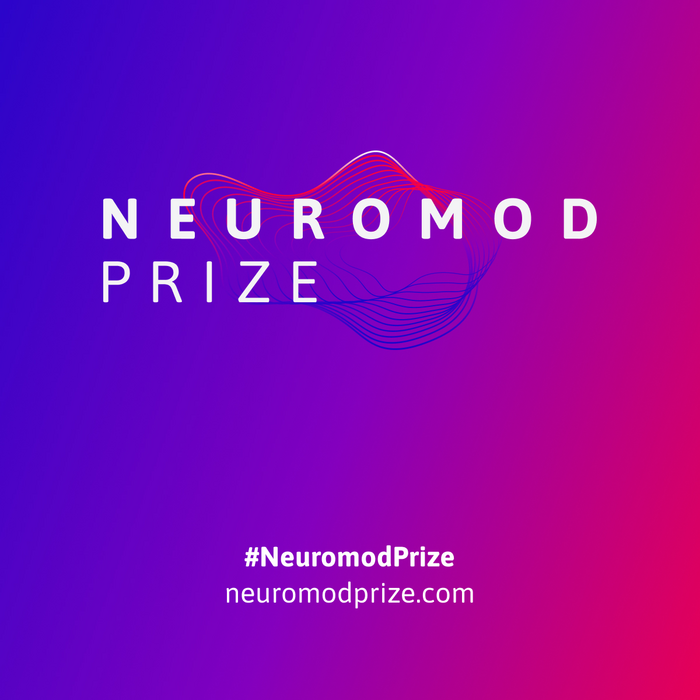East Hanover, NJ. July 22, 2022. The pioneering collaborative work being performed by Kessler Foundation scientists in the Tim and Caroline Reynolds Center for Spinal Stimulation team has been recognized with the Neuromod Prize, a new initiative from the National Institutes of Health (NIH) Common Fund’s Stimulating Peripheral Activity to Relieve Conditions (SPARC) program. The Neuromod Prize aims to accelerate the development of neuromodulation therapies — targeted treatments that have the potential to treat a multitude of conditions through regulation of nervous system activity. The competition capitalizes on the rapid momentum in the field as innovators apply decades of research to the development of novel neuromodulation solutions to clinical challenges.

Credit: NIH Common Fund
East Hanover, NJ. July 22, 2022. The pioneering collaborative work being performed by Kessler Foundation scientists in the Tim and Caroline Reynolds Center for Spinal Stimulation team has been recognized with the Neuromod Prize, a new initiative from the National Institutes of Health (NIH) Common Fund’s Stimulating Peripheral Activity to Relieve Conditions (SPARC) program. The Neuromod Prize aims to accelerate the development of neuromodulation therapies — targeted treatments that have the potential to treat a multitude of conditions through regulation of nervous system activity. The competition capitalizes on the rapid momentum in the field as innovators apply decades of research to the development of novel neuromodulation solutions to clinical challenges.
Kessler Foundation and the University of Louisville, in collaboration with technological partners Medtronic and the Johns Hopkins Applied Physics Lab, comprised one of the eight teams (out of 45 applicants) to win Phase 1 of this competition. Each winning Phase 1 team received $100,000 and an exclusive invitation to compete in Phase 2 proof-of-concept studies, for which up to four winning teams will share a prize pool of $4 million. Then, the Phase 2 winning teams will be invited to participate in Phase 3, where up to two winners will split a prize pool of $5 million.
The team’s winning proposal, which outlines a pathway to greater independence for individuals paralyzed by spinal cord injury, is titled, “Neuromodulation of the lumbosacral spinal cord for improvement of autonomic function after spinal cord injury.”
While gaining voluntary control over paralyzed or weakened limbs is a major focus of the team’s research, spinal cord injury is complex, disrupting motor and sensory pathways, as well as the autonomic nervous system that regulates heart rate, blood pressure, breathing, balance, bowel and bladder control, and sexual function. Building on their advances in restoring motor function through epidural stimulation, the team’s Neuromod Prize entry proposed the development of a novel tablet-type controller called StimXS, which will help individuals with implanted epidural stimulators continuously stabilize their blood pressure and improve their respiratory and bladder function.
For people paralyzed by spinal cord injury, the implications are tremendous, according to Gail Forrest, PhD, director of the Reynolds Center for Spinal Stimulation and associate director of the Center for Mobility and Rehabilitation Engineering Research at Kessler Foundation.
“Using this one handheld controller, individuals with paralysis will be able to direct stimulation to move their limbs, empty their bladder, and control their blood pressure and breathing,” Dr. Forrest explained. “And because the tablet can be used with limited hand function, individuals with spinal cord injury will gain independence from family and caregivers. By collecting usage data, the StimXS will gather valuable information on how individuals use stimulation in their daily lives,” she added, “and guide our efforts to address a broader range of autonomic deficits through neuromodulation.”
“Being among the Phase 1 winners of this prestigious prize spotlights the exceptional progress being made by our unique interdisciplinary team of researchers,” said Steven Kirshblum, MD, co-director of the Reynolds Center and chief medical officer of Kessler Foundation and Kessler Institute for Rehabilitation. “By broadening the scope of our research in spinal stimulation, the Neuromod Prize is supporting research that promises to revolutionize the outlook for people with spinal cord injury.
The team’s spinal stimulation research has received private and public support, including Kessler Foundation, the Tim and Caroline Reynolds Foundation, Reeve Foundation, the Neilsen Foundation, the Helmsley Charitable Trust, the New Jersey Commission on Spinal Cord Research, and federal grants.
About Kessler Foundation
Kessler Foundation, a major nonprofit organization in the field of disability, is a global leader in rehabilitation research that seeks to improve cognition, mobility and long-term outcomes, including employment, for people with neurological disabilities caused by diseases and injuries of the brain and spinal cord. Kessler Foundation leads the nation in funding innovative programs that expand opportunities for employment for people with disabilities. For more information, visit KesslerFoundation.org.
Stay Connected
Twitter | Facebook | YouTube | Instagram | iTunes & SoundCloud
Press contacts:
Deb Hauss, senior staff writer, 973.324.8372, [email protected]
Carolann Murphy, senior medical writer, [email protected]




